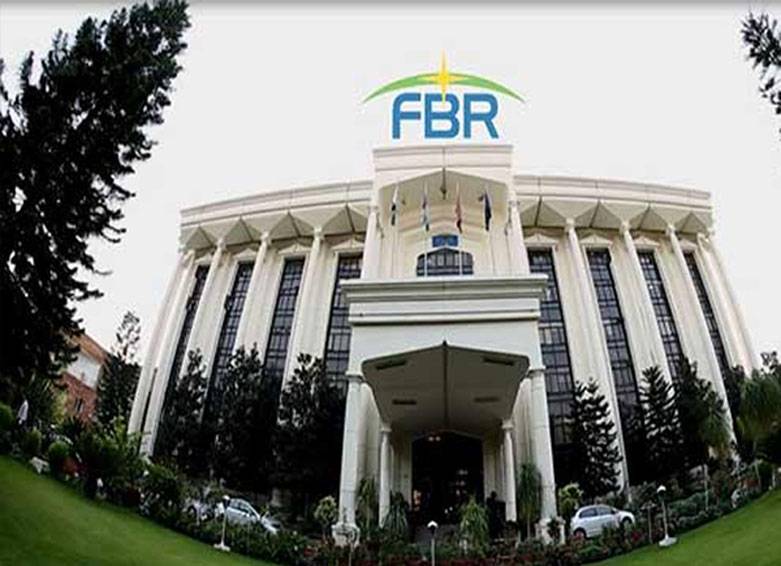ISLAMABAD - After witnessing massive shortfall in tax collection in seven months, the federal government would depend on privatization proceeds to control the budget deficit in current fiscal year (FY20).
The Federal Board of Revenue (FBR) is continuously failing to achieve its monthly targets in last seven months (July to January) of the ongoing financial year. Tax collection shortfall had swelled to Rs383 billion in seven months’ period.
The FBR has collected Rs2408 billion as compared to the actual target of Rs2791 billion and Rs2552 billion revised target. The International Monetary Fund (IMF) had already agreed with the government of Pakistan to downward revise the tax collection target to Rs5238 billion from original Rs5550 billion.
“The government has alternate plan to offset the tax collection shortfall that is non-tax collection,” said an official of the ministry of finance. He further said that government may also introduce tax generation measures due to the pressure from the International Monetary Fund (IMF).
The government is hoping to generate handsome amount from the privatization of public sector entities by June 2020, which would count as non-tax revenue. The government had already upward revised the non-tax collection target by Rs400 billion to Rs1.6 trillion in the current fiscal year from budgeted Rs1.2 trillion.
The government on Wednesday announced to complete the privatization of 6 public sector entities and to sell 27 government-owned unproductive properties through an open auction by March or April this year.
“We hope that privatization of these 6 public sector entities and selling 27 government owned properties will generate around Rs400 billion before June 2020, which is far higher than the budget estimates of Rs150 billion that government projected in annual budget,” he added.
The PSEs included, SMEs bank, First Women Bank, two RLNG power plants including Haveli Bhadar Shah and Balloki, government’s 18.5 percent shares in Mari Petroleum Company Limited as well as Services International Hotel Lahore and Jinnah Convention Centre Islamabad.
Only privatization of two power plants located at Balloki and Haveli Bahadur Shah, would generate a minimum of Rs300 billion or $1.5 billion in non-tax revenue.
Similarly, the government would generate amount from the privatization of other entities and selling government-owned unproductive properties.
Adviser to Prime Minister on Finance and Revenue Abdul Hafeez Shaikh had already announced that government would generate massive amount from non-tax revenues.
Giving breakup, he informed that government had already collected Rs406 billion in first quarter, while an additional Rs338 billion would be collected from telecom sector, Rs200 billion from profit of State Bank of Pakistan (SBP), Rs300 billion from the privatization of two LNG based power plants, Rs120 billion from dividends and interest and Rs250 billion from petroleum development levy.
Pakistan had committed with the IMF to reduce the budget deficit to 7.2 percent of the GDP (Rs3.15 trillion) in the current fiscal year from all-time high Rs3.44 trillion (8.9 percent of the Gross Domestic Product) in last fiscal year. The government had successfully controlled the budget deficit in first quarter (July to September) of the current fiscal year with the help of non-tax revenues.
The budget deficit was recorded at Rs476 billion in first quarter of the year 2019-2020, which was Rs738 billion in corresponding period of previous financial year.
Non-tax revenue increased significantly by almost 3 times and stood at Rs 346 billion in the first quarter FY 2019-20. The major contributing factor towards the growth was surplus profit generated by SBP i.e. SBP accrued higher profits primarily on the back of both higher stock of government securities and interest rates, apart from the appreciation of the Pak Rupee in first quarter of FY 2019-20. In addition, one-off inflow of Rs 70 billion from the telecom licenses renewal further improved the revenue collection.






